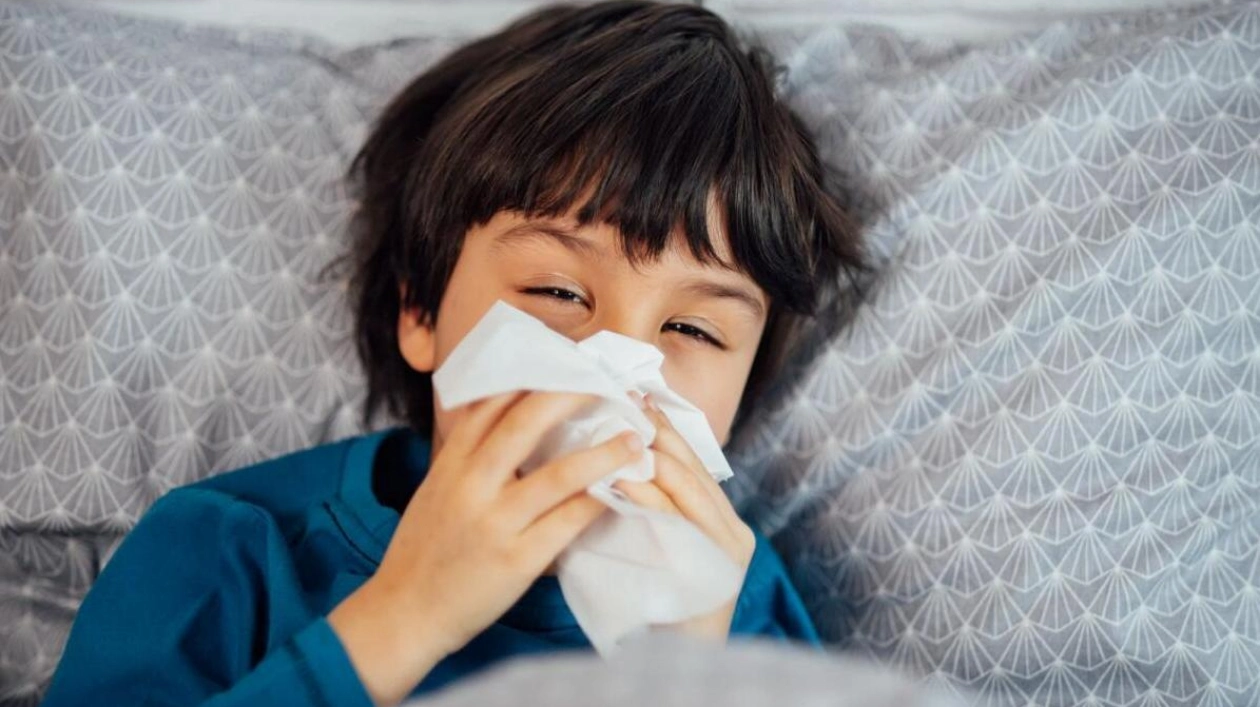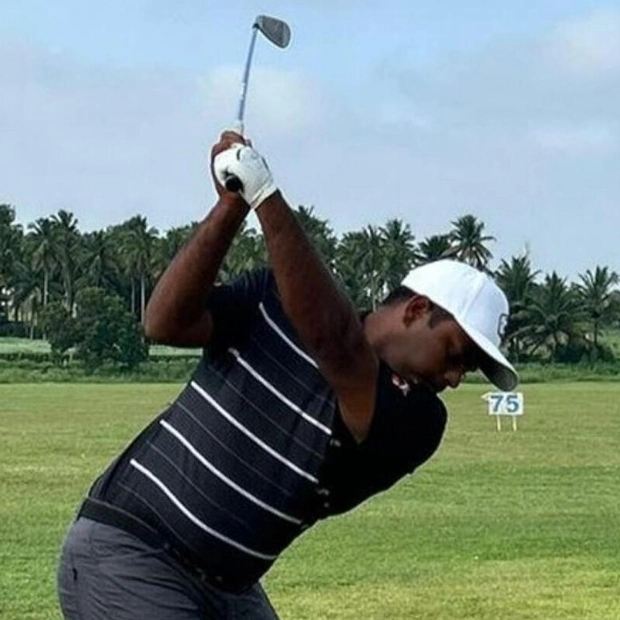Respiratory Syncytial Virus (RSV) continues to be a significant global health concern, particularly affecting young children. Dr. Nawal Al Kaabi, Senior Advisor at Hayatbiotech and a pediatric Infectious Diseases Consultant at SKMC, explains that RSV is a common respiratory virus that typically causes mild, cold-like symptoms. However, it poses a serious health risk for young children, potentially leading to severe respiratory illnesses such as bronchiolitis and pneumonia. Infants under six months, premature babies, and children with underlying health conditions like congenital heart disease or chronic lung disease are at the highest risk for severe RSV infections. RSV is highly contagious and spreads through respiratory droplets, increasing the risk of hospitalization among young children during the RSV season.
While healthcare providers in the GCC and Middle East are generally aware of RSV, public awareness needs to be enhanced through widespread public health campaigns and preventive measures. In North America, RSV prevention strategies include educational campaigns and the use of RSV prophylaxis for all infants, which is gradually being adopted in the GCC and Middle East regions. Regionally, several initiatives are underway to prevent the spread of the virus, focusing primarily on young children who are at high risk of infection. RSV vaccines for the elderly have been approved in many countries and recently registered in the UAE to prevent infection in high-risk demographics. Public awareness campaigns are also educating the public on strategies to prevent RSV infections, its symptoms, and the importance of early medical intervention. Strict infection control measures are being implemented in healthcare facilities to prevent nosocomial spread of the virus.
Globally and regionally, RSV vaccines for children are under development, with several variants currently in clinical trials. The use of monoclonal antibodies, such as Palivizumab, is recommended for high-risk infants, and Nirsevimab has recently been approved as a prophylaxis for all infants in North America and several European countries. Partnerships with global organizations like WHO are facilitating efficient surveillance, reporting, and management of RSV infections. Healthcare providers can adopt several measures to ensure early diagnosis and efficient treatment of RSV infections. Regular training on the latest RSV diagnosis and management guidelines is essential, ensuring healthcare providers stay updated on key developments in RSV prophylaxis and vaccines. Rapid diagnostic tests for RSV should be encouraged for early detection, especially during the RSV season. At-risk demographics should be regularly screened for signs of infection, and prophylactic treatments like Palivizumab and Nirsevimab should be administered to eligible demographics to minimize infection risk.
Since RSV vaccines for the elderly were recently registered in the UAE, it is crucial to follow national recommendations on preventive strategies. Children with severe RSV infection should receive comprehensive care, including oxygen therapy and hydration. Educating parents on RSV symptoms, when to seek medical aid, and preventive measures such as maintaining hand hygiene and avoiding exposure to the virus is also vital. By adopting these strategies, healthcare providers can effectively manage the spread of RSV, thereby reducing the morbidity and mortality rate of this infection, especially among children.






